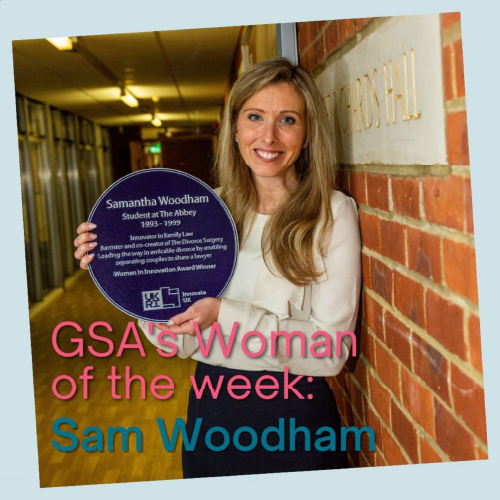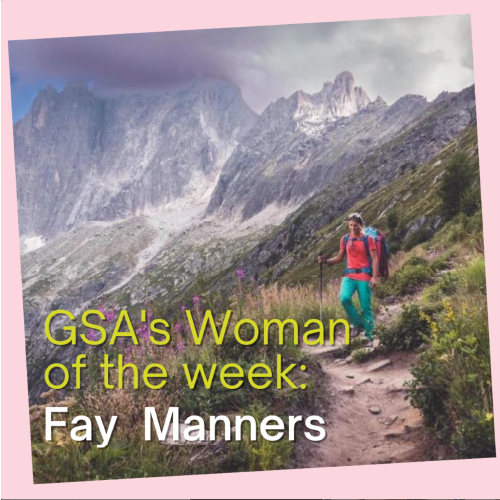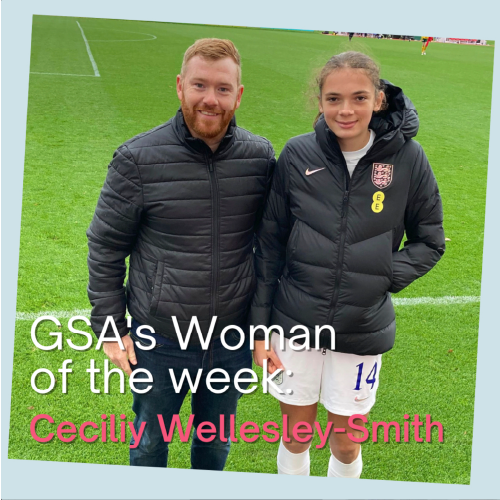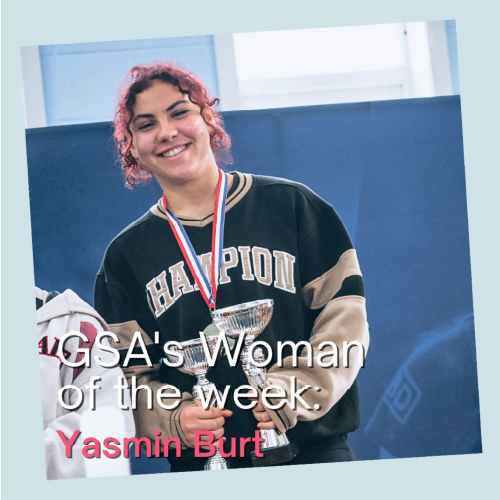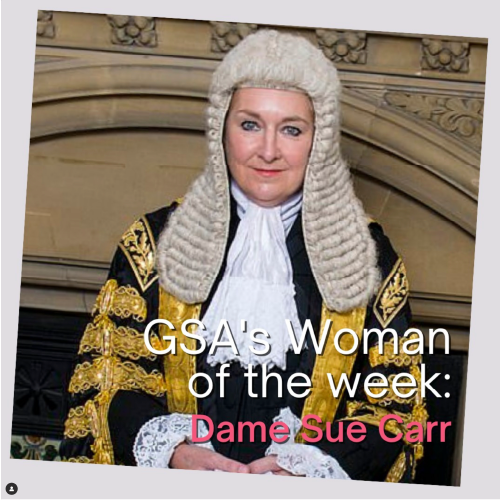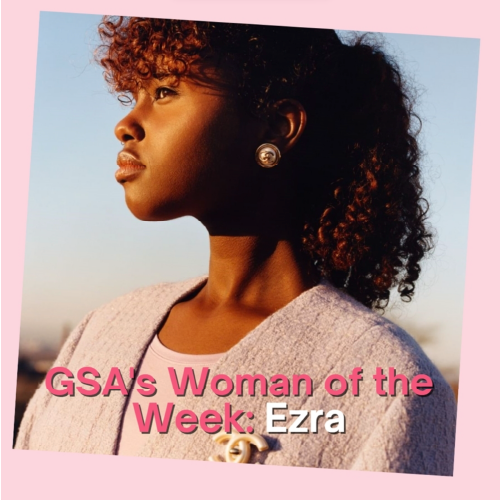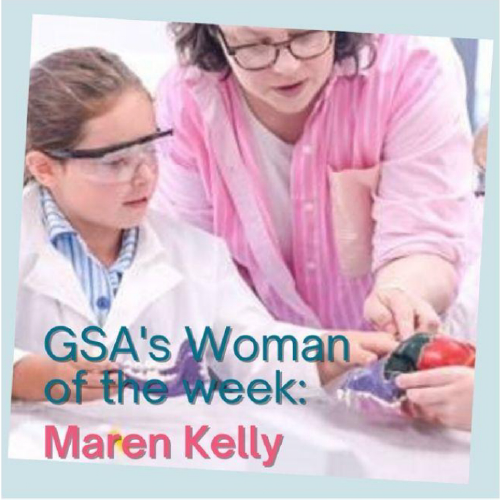The Proven Power of Girls’ Education
Conquer Stereotypes
Our girls continue to be the driving force behind creating a more equal world; they are citizens who are alive to the world, and have an amazing ability to act as positive agents of change within it.
80% of girls in our schools have been taught about equality for women and girls.
74% of teachers in our schools feel empowered to confidently teach girls about equality for women and girls.
Over 75% of our teachers feel confident to call out outmoded stereotypes and sexism in our schools.
Love Science and Maths
Girls in girls’ schools are 2.6 times as likely to take Further Maths, and more than twice as likely to take Physics and Computer Science at A level – compared to girls in other schools.
Read moreTriumph as Neurodivergent Girls and from Disadvantaged Backgrounds
Read morePlay the Most Sport
Girls’ schools buck the trend for girls’ participation in male-dominated sports, with more continuing to play them in our schools.
Read moreBecome Trailblazers
Our girls are, and always have been, firebrands and trailblazing campaigners.
Read more“GSA’s large and growing body of research compellingly demonstrates how a girls-only education is the best one to help girls best achieve their life’s ambitions. Girls in girls’ schools are savvy, spirited individuals acutely aware of inequalities they face in the wider world; in our schools they feel honoured and listened to; they realise our schools equip them with the tools and opportunity to embrace life, and help them to further challenge the status quo beyond the classroom, for the benefit of every girl.”
—Donna Stevens, CEO The Girls’ Schools Association
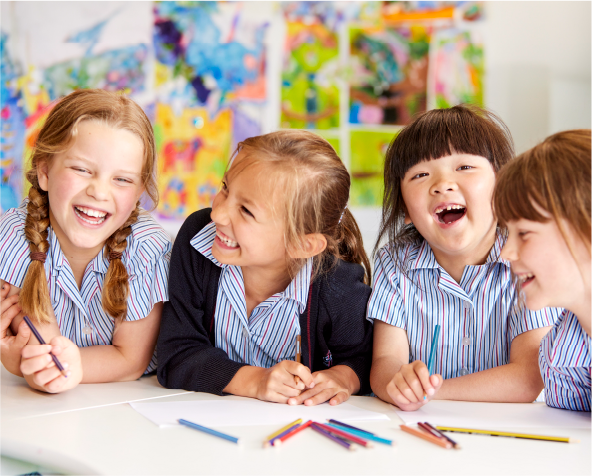
The facts are that girls’ schools fuel the best futures for young women, from the youngest girl at the start of her school journey to young women at the start of their lives as they leave school. Proven repeatedly, a girls-only education powers-up young women to fulfil their full potential and ambitions to be the stateswomen of their own lives.
GSA Research Library
Read the latest research that matters on girls, girls’ schools and girls’ education in our carefully curated library resource that is regularly updated to help keep you up to date with the latest thinking.
Read more
GSA Research
Read research commissions from the Girls’ Schools Association to gain insights and better understanding into girls’ education through our exclusive and on-going research series.
Read moreThe Girls' Schools Association is a company limited by guarantee, registered in England under company number 02403333
Site by me&him
